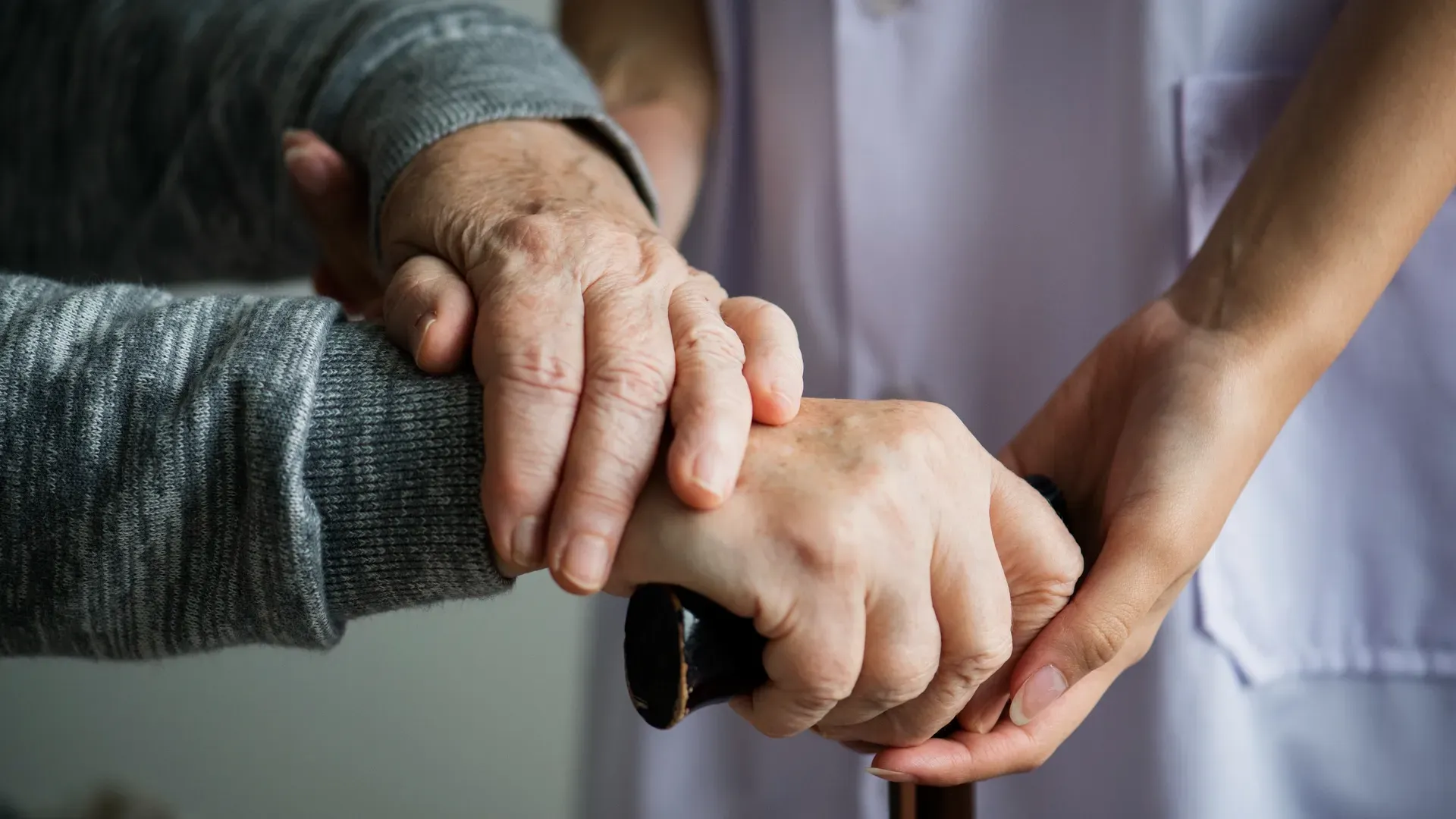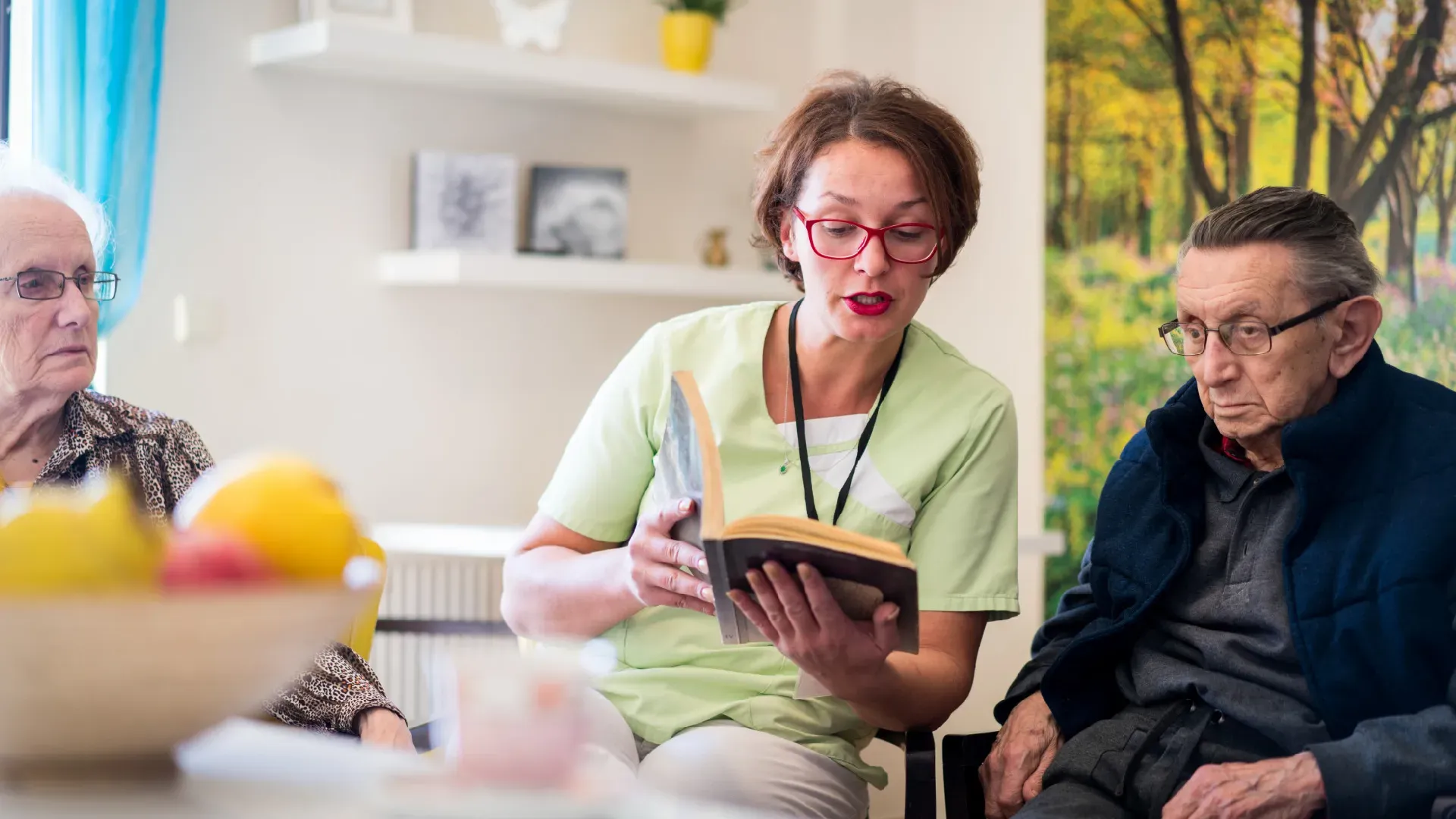The Role of Registered Nurses in Enhancing Patient Care in Aged Care Facilities
Registered Nurses (RNs) play an indispensable role in aged care facilities, significantly contributing to the health and well-being of elderly patients. Their expertise, compassionate care, and commitment to quality make them pivotal in ensuring the highest standards of patient care. In this blog post, we will explore the critical role of registered nurses in aged care, their specific responsibilities, the skills they bring to the table, and how their presence improves patient outcomes. Additionally, we will highlight the rigorous hiring processes and standards at Arise Care Staff to reinforce our commitment to quality care.
The Crucial Role of Registered Nurses in Aged Care
Registered Nurses are integral to the functioning of aged care facilities. They provide comprehensive care that goes beyond basic assistance, addressing complex medical needs and ensuring the holistic well-being of residents.
1. Expert Medical Care
Advanced Medical Knowledge: Registered Nurses possess advanced medical knowledge and clinical skills. They are trained to handle a wide range of health conditions, from chronic illnesses to acute medical emergencies. Their ability to administer medications, perform medical procedures, and monitor patients’ health status is crucial in maintaining the health of aged care residents.
Coordination with Healthcare Providers: RNs act as a liaison between the aged care facility and other healthcare providers, such as doctors and specialists. They coordinate care plans, communicate changes in residents’ conditions, and ensure that all medical interventions are carried out effectively.
2. Patient Advocacy
Personalised Care Plans: Registered Nurses develop personalised care plans tailored to the unique needs of each resident. They take into account the individual’s medical history, current health status, and personal preferences, ensuring that care is both comprehensive and patient-centred.
Advocating for Residents’ Rights: RNs advocate for the rights and needs of residents. They ensure that residents are treated with dignity and respect, and they work to protect their autonomy and well-being.
3. Leadership and Training
Guidance for Care Staff: Registered Nurses often take on leadership roles within aged care facilities. They provide guidance and support to other care staff, including enrolled nurses and personal care assistants. This leadership ensures that all staff adhere to high standards of care.
Training and Development: RNs are responsible for the ongoing training and development of care staff. They conduct training sessions, provide mentorship, and ensure that all team members are up-to-date with the latest healthcare practices and standards.
The Skills Registered Nurses Bring to Aged Care
Registered Nurses bring a unique set of skills to aged care facilities, enhancing the quality of care provided to residents.
1. Clinical Expertise
Medical Assessments: RNs are skilled in conducting thorough medical assessments. They can identify potential health issues early, allowing for prompt intervention and treatment.
Chronic Disease Management: Many aged care residents suffer from chronic conditions such as diabetes, hypertension, and arthritis. Registered Nurses are adept at managing these conditions, providing ongoing care and monitoring to prevent complications.
2. Communication Skills
Effective Communication: Registered Nurses possess excellent communication skills. They communicate effectively with residents, families, and other healthcare providers, ensuring that everyone is informed and involved in the care process.
Emotional Support: RNs provide emotional support to residents and their families. They listen to concerns, offer reassurance, and provide comfort during difficult times.
3. Problem-Solving Abilities
Critical Thinking: Registered Nurses are trained to think critically and make quick decisions in high-pressure situations. This is particularly important in aged care, where medical emergencies can arise unexpectedly.
Resource Management: RNs are adept at managing resources, ensuring that the facility has the necessary supplies and equipment to provide high-quality care.
How Registered Nurses Improve Patient Outcomes
The presence of Registered Nurses in aged care facilities leads to improved patient outcomes in several ways.
1. Reduced Hospital Admissions
Early Intervention: By identifying health issues early and providing prompt treatment, Registered Nurses can prevent conditions from worsening and reduce the need for hospital admissions.
Chronic Disease Management: Effective management of chronic diseases by RNs helps to prevent complications and hospitalisations, improving the overall health of residents.
2. Enhanced Quality of Life
Holistic Care: Registered Nurses provide holistic care that addresses the physical, emotional, and social needs of residents. This comprehensive approach enhances the quality of life for elderly individuals.
Personalised Attention: The personalised care plans developed by RNs ensure that each resident receives the specific care they need, leading to better health outcomes and increased satisfaction.
3. Improved Safety
Medication Management: RNs are responsible for administering and managing medications, reducing the risk of medication errors and adverse drug reactions.
Health and Safety Protocols: Registered Nurses implement and oversee health and safety protocols, ensuring a safe environment for residents and staff.
Arise Care Staff’s Commitment to Quality Care
At Arise Care Staff, we recognise the critical role that Registered Nurses play in providing high-quality care. Our commitment to excellence is reflected in our rigorous hiring processes and standards.
1. Rigorous Hiring Processes
Thorough Screening: We conduct thorough screening processes to ensure that all our Registered Nurses meet our high standards. This includes verifying qualifications, conducting background checks, and assessing clinical skills.
Interviews and Assessments: Our hiring process includes multiple interviews and practical assessments to evaluate the candidate’s competence and suitability for aged care roles.
2. Continuous Professional Development
Ongoing Training: We provide our Registered Nurses with continuous professional development opportunities. This includes regular training sessions, workshops, and access to the latest healthcare resources.
Mentorship Programmes: Our mentorship programmes pair experienced RNs with new hires, ensuring that all staff receive the support and guidance they need to excel in their roles.
3. Quality Assurance
Regular Audits: We conduct regular audits and evaluations to ensure that our Registered Nurses maintain high standards of care. This includes monitoring performance, providing feedback, and implementing improvements as needed.
Client Feedback: We value the feedback of our clients and use it to continuously improve our services. This helps us to ensure that we are meeting the needs and expectations of those we serve.
Conclusion
Registered Nurses are vital to the functioning and success of aged care facilities. Their expertise, leadership, and compassionate care significantly enhance patient outcomes and improve the quality of life for elderly residents. At Arise Care Staff, we are committed to providing the highest standards of care through our team of dedicated and highly skilled Registered Nurses. By prioritising rigorous hiring processes, continuous professional development, and quality assurance, we ensure that our clients receive the exceptional care they deserve.
Ready to experience the benefits of quality nursing care? Contact Arise Care Staff today!











